We may earn money or products from the companies mentioned in this post. This means if you click on the link and purchase the item, I will receive a small commission at no extra cost to you ... you're just helping re-supply our family's travel fund.
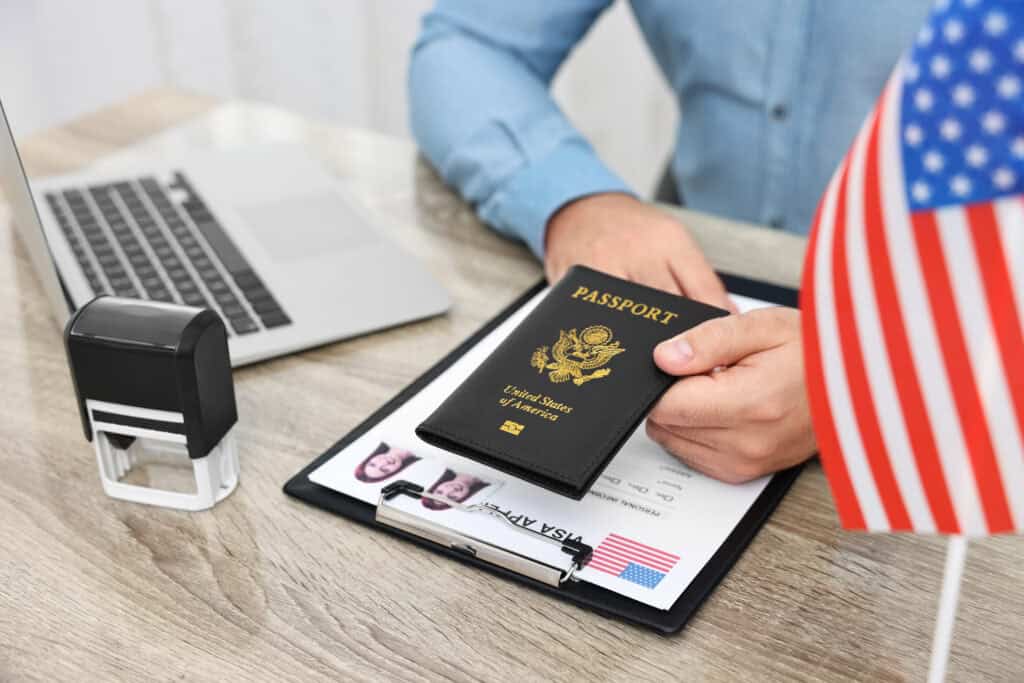
The days of assuming a US passport guarantees effortless arrival are fading. Governments are tightening screening, shifting checks online, and asking visitors to confirm plans before boarding. For many destinations, the permit requirement feels less like a wall and more like a filter: simple for those who prepare, harsh on anyone who treats borders as an afterthought. Understanding where permits apply protects time, money, and the chance to start a trip with calm instead of arguments at the gate.
United Kingdom: ETA Sets A New Baseline
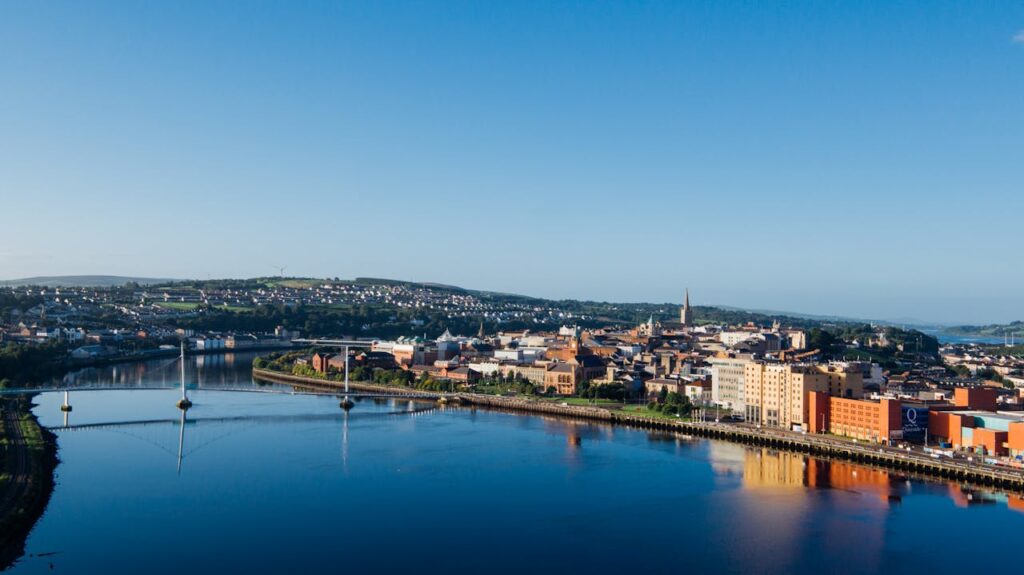
The United Kingdom now requires an Electronic Travel Authorisation for many nonvisa nationals, including US passport holders, before short visits. The ETA connects passport details to security checks ahead of time, costs a modest fee, and links directly to airline systems. It does not replace the right of border officers to question arrivals, but it moves the real decision point to the planning stage. For travelers, skipping it means denial before boarding rather than a quick fix on arrival.
Brazil: Visa Free Window Closed Again
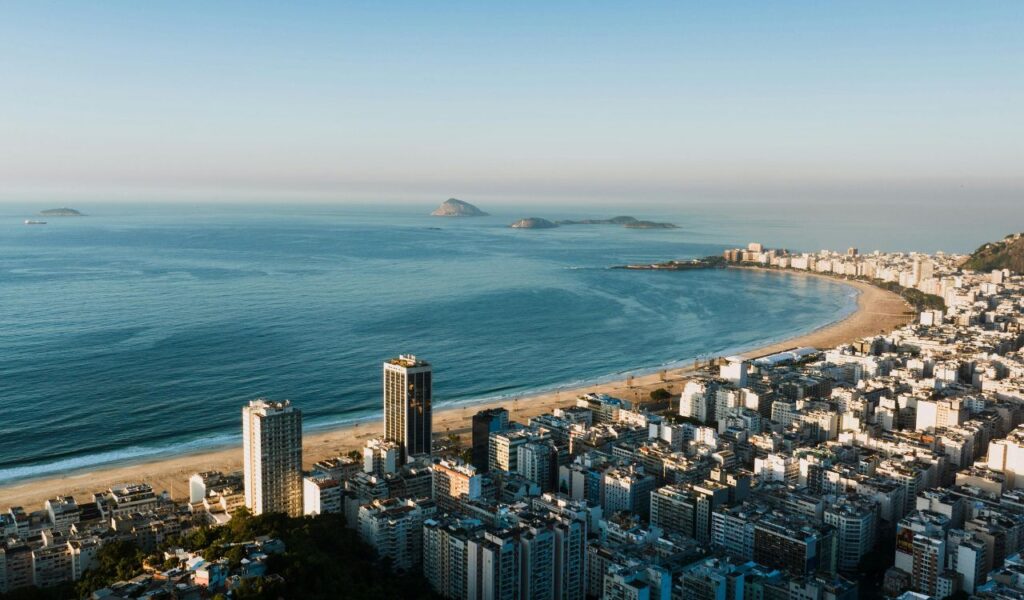
Brazil has brought back visa requirements for US citizens, replacing the easy stamp on arrival with advance approval that mirrors how Brazilians are treated in the United States. Most visitors now apply online for an evisa, upload documents, pay a fee, and wait for confirmation before locking flights. The process aims to stay straightforward but punishes last minute habits. Those who handle it early still find the same mix of beaches, cities, and forest, with less room for guesswork at check in.
Kenya: Universal ETA For An Open Door
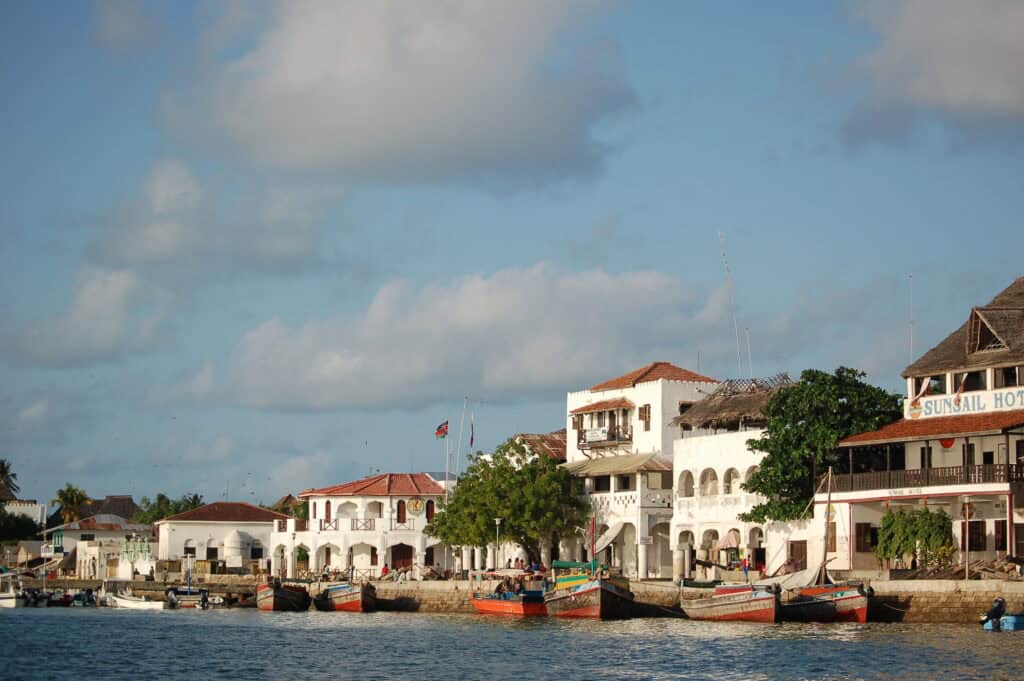
Kenya replaced traditional visas with an Electronic Travel Authorization that covers nearly all visitors, including those from the United States. The system asks for basic identity details, travel dates, and accommodation information before granting clearance, aiming to balance openness with early vetting. Approved travelers arrive to a more efficient line, while incomplete applications never leave the departure airport. For safari circuits and coastal stays, this single digital step has quietly become as essential as a confirmed lodge.
Australia: Quiet Requirement With Real Teeth
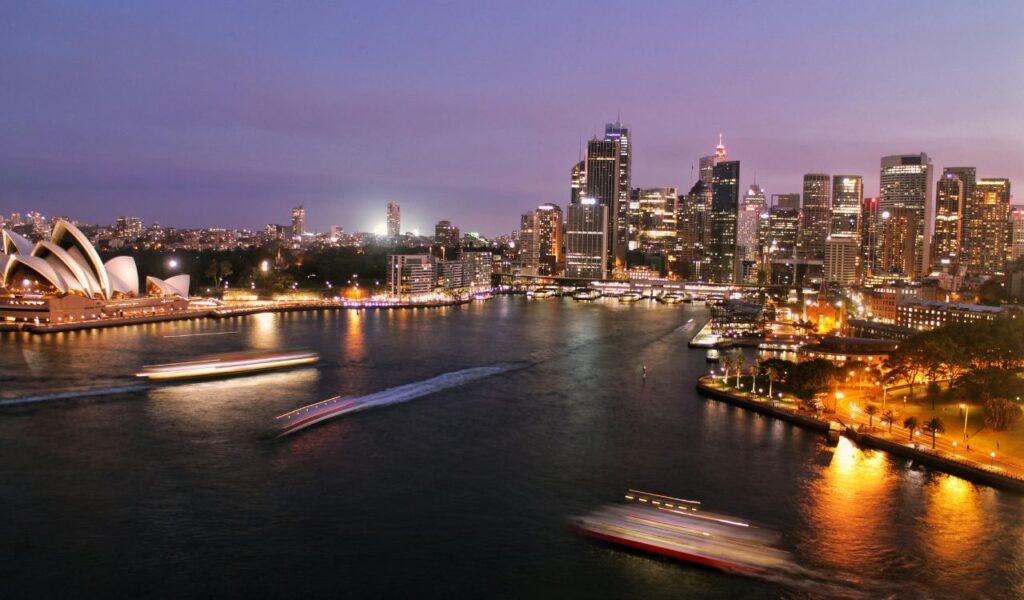
Australia has long required an Electronic Travel Authority or visitor visa for US passport holders, but stricter airline checks now make that rule impossible to ignore. Applications run through official channels that link directly to passport numbers, and carriers verify status long before boarding. The form feels simple, yet any mismatch blocks travel outright. That mix of low effort and high consequence rewards travelers who treat it as a standard part of planning, not a box to remember at the last minute.
New Zealand: NZeTA And Conservation Levy
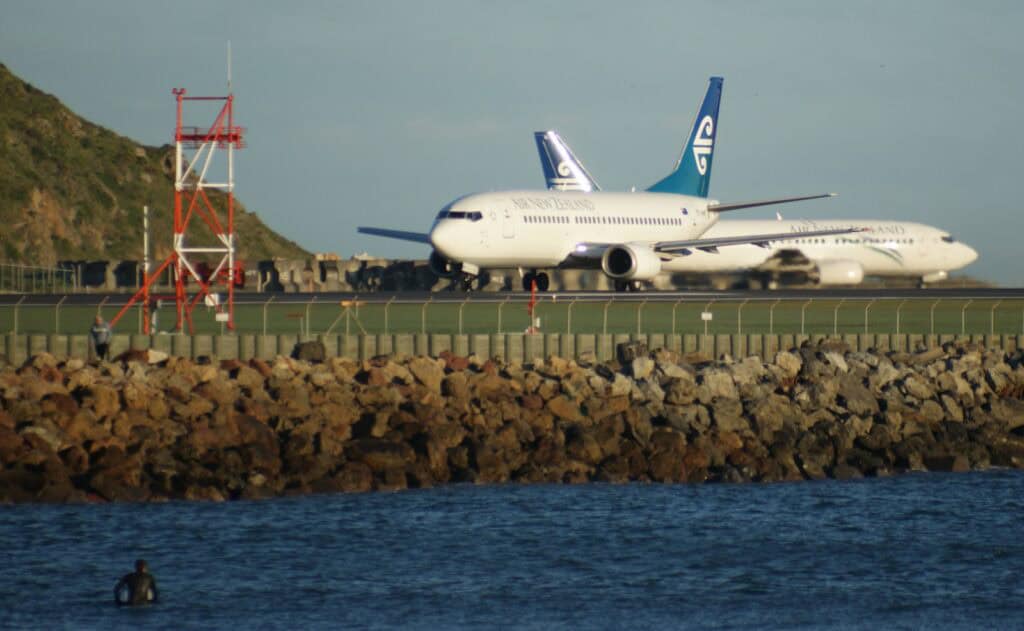
New Zealand uses the NZeTA to screen visa waiver visitors, including those from the United States, while collecting a fee that supports local conservation. The permit is valid for multiple trips, but must exist in the system before anyone steps onto a plane or cruise ship. It turns broad welcome into a clear contract: respect for security rules and shared funding for landscapes that draw visitors in the first place. Ignoring it no longer means a light warning; it means no boarding pass.
Saudi Arabia: eVisa As Standard Entry

Saudi Arabia now leans on an online eVisa for many visitors, including US travelers arriving for tourism, events, or family visits outside the core Hajj framework. The permit sets conditions on length of stay and activities, aligns with local norms, and centralizes checks into one structured step. Approval is usually swift when details are accurate, but casual plans without documentation stall. The message is straightforward: the door is more open than before, but only for those who approach it with intention.
Bhutan: Permission Tied To Protection
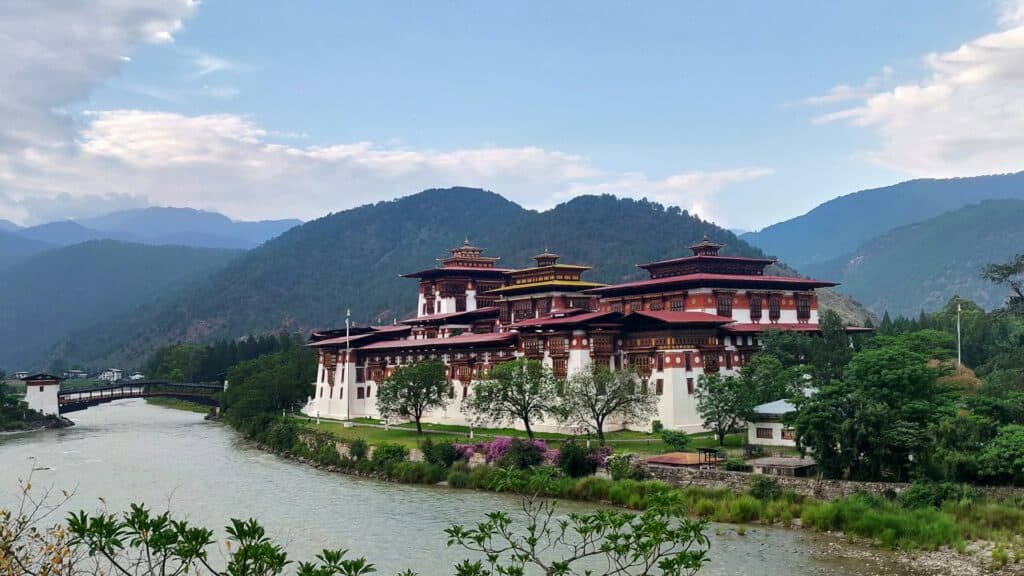
Bhutan continues to require advance visas for US visitors, usually arranged through licensed partners or official portals, paired with a daily fee that funds infrastructure and environmental protection. This model treats arrival as a privilege rather than a volume target, keeping trails, monasteries, and villages from being swamped by unmanaged crowds. Travelers who commit to the process help preserve what they came to see. The habit of planning carefully becomes part of the experience instead of an obstacle to it.